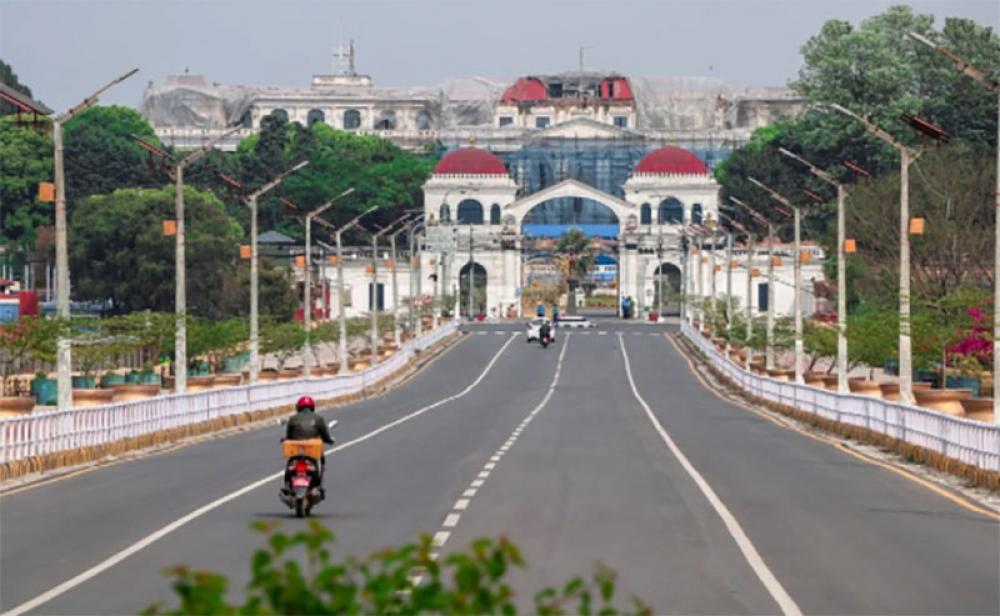Just Earth News | @justearthnews | 30 Aug 2021

Image: Pixabay
Kathmandu/UNI/XINHUA: Over two-thirds of Nepal's population has developed antibodies against COVID-19, as shown by a nationwide survey conducted by the Ministry of Health and Population (MoHP).
The finding suggests that the coronavirus has become widespread in Nepali society amid limited vaccination for the population, said a senior Nepali official.
According to the ministry, a seroprevalence study was conducted on 13,161 people aged over six years and chosen randomly between July 5 and Aug. 14, and the samples were tested at Nepal's National Public Health Laboratory.
"Antibodies were found in 68.6 percent of the samples tested," the ministry said in a press statement on Sunday evening, noting that the samples represented both vaccinated and unvaccinated people.
"Over two-thirds of samples showing antibodies suggest that a significant number of people developed antibodies due to infection with the virus, given the context of limited vaccination in Nepal," Samir Kumar Adhikari, joint spokesman at the ministry, told Xinhua.
"As the majority of people are still unvaccinated, there is still the risk of spread of COVID-19 with the highly infectious Delta variant present in society," he said.
As of Sunday, of Nepal's 30 million population, 5.06 million had been administered one dose of COVID-19 vaccines, while 4.05 million had been fully vaccinated against the virus which has been ravaging the country for the second time since April, according to the Health Ministry.
The ministry noted that antibodies were found in samples of people in all age groups, professions, both sexes and rural and urban areas, and seen in 80 percent of people vaccinated with the first dose and 90 percent administered with both doses.
"This shows that the vaccines that we are administering have been very effective," the ministry said. The majority of the vaccinated people got the Chinese Vero Cell Vaccine developed by the Sinopharm company, according to the ministry statistics.